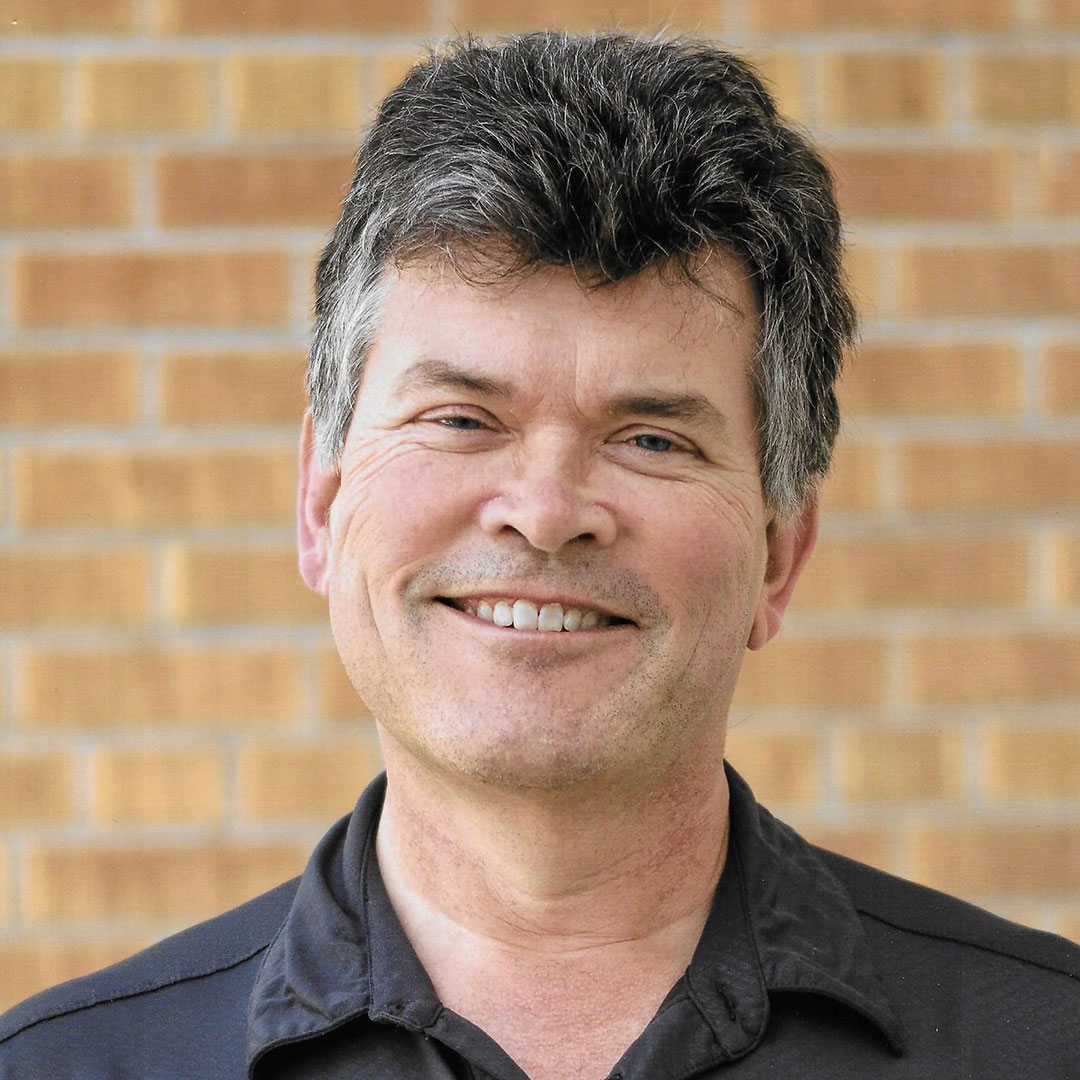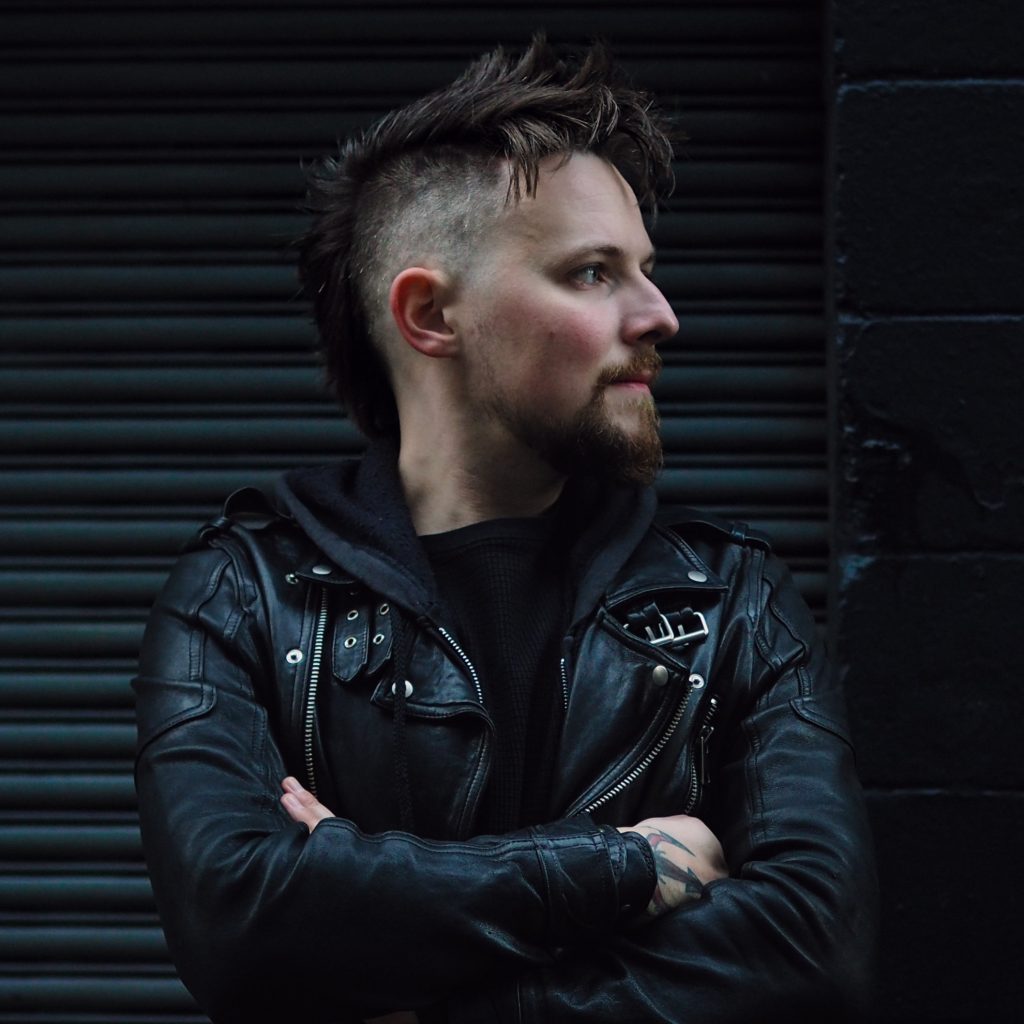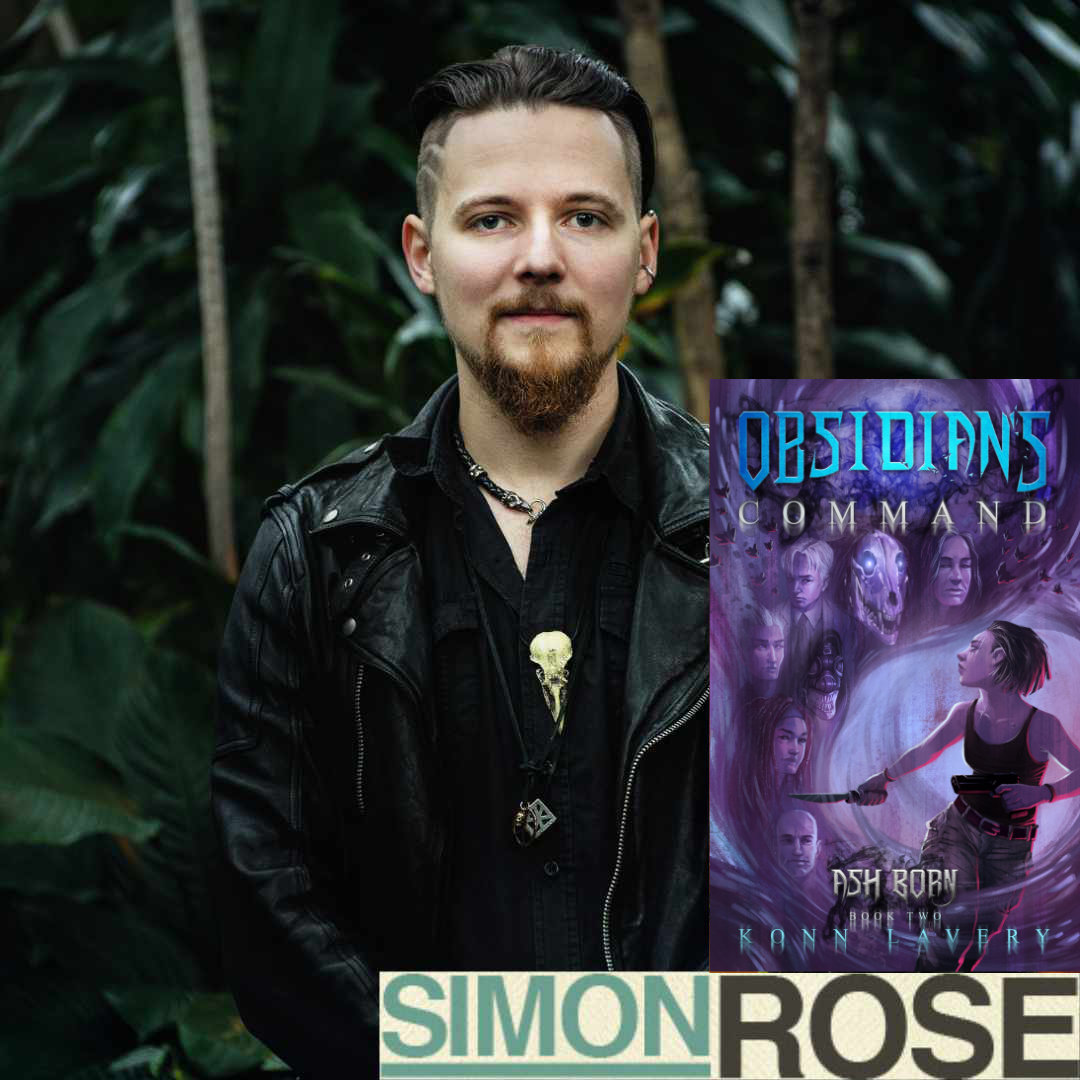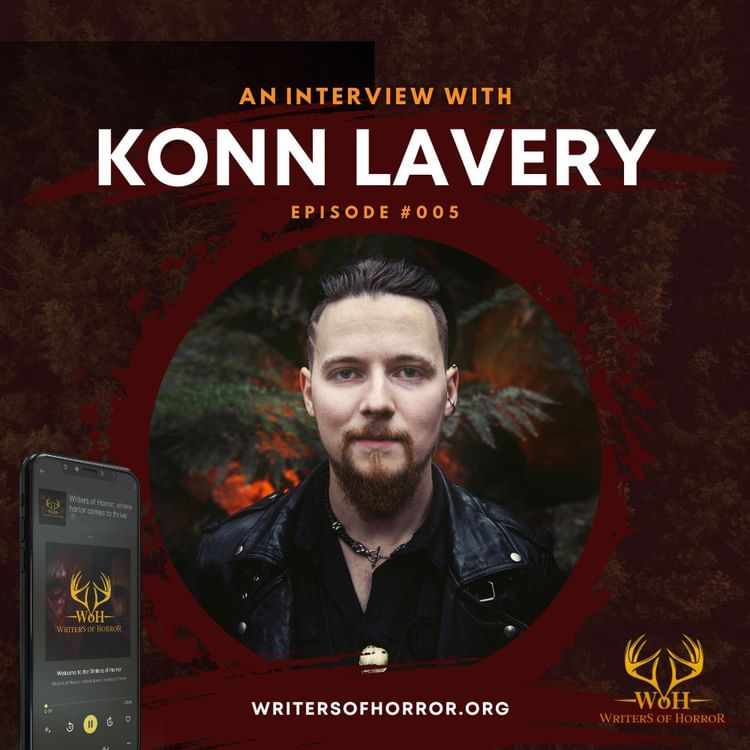
Edward Willett expands the Worldshaper universe with his new novel, Master of The World
Estimated Reading Time:
For September’s guest author we have Edward Willett, who is a writer and performer from Regina, Saskatchewan. He has authored more than 50 books of various types. He is well known for writing in the science fiction and fantasy genres. Some of his work has been published by DAW Books in New York, such as the novels Lost in Translationand 2009 Aurora Award-winning novel Marseguro. He has also been published with Bundoran Press. Let’s welcome him to the blog.
Hi Edward Willett, thank you for joining us. Can you introduce yourself to the readers?
Hi, readers! As the introduction says, I’m a multiply published author—I’ve actually lost count of exactly how many books I’ve had published. They run the gamut from non-fiction (local history, science books, biographies, and computer books) to my first love, science fiction and fantasy. There’s even one book of poetry! I’ve written for children, young adults, and adults.
I started my career as a newspaper reporter at the weekly Weyburn (Saskatchewan) Review. (Weyburn was the town where I grew up.) At the ripe old age of 24r, I became news editor there. Then, in my late 20s, I became communications officer for the then-fledgling Saskatchewan Science Centre, which is what brought me from Weyburn to Regina, where I’ve lived ever since. After five years at the science centre, I quit my job and became a fulltime freelance writer, which I’ve now been for 26 years.
In addition to writing (and some editing), I’ve done quite a bit of acting and singing, both professionally and just for fun. I’m married to a telecommunications engineer and have one daughter, who is currently enrolled at the University of Toronto. Oh, and we have a black Siberian cat, Shadowpaw—can’t forget him, since I used his name on my own little publishing company, Shadowpaw Press.
Tell us about your latest release, Master of The World.
Master of the World is the second book in the Worldshapers series, published by DAW Books, which began with Worldshaper last year. In Worldshaper, the main character, Shawna Keys, has a pleasant, low-key life: she’s just opened a pottery studio in a small city in Montana, she has a great boyfriend, she has a wonderful best friend. But then everything changes in an instant. Black-clad gunmen storm the coffee shop where she’s having lunch with her friend. Her friend is killed. She’s about to be killed. She refuses to believe it’s happening…and just like that, it isn’t. It hasn’t. The gunmen are gone. The coffeeshop is undamaged…but her friend, Aesha, isn’t there, and no one remembers that she ever existed.
A mysterious stranger, Karl Yatsar, shows up and explains to Shawna that her world, which she thought was the only world, is in fact a Shaped world—and that she Shaped it exactly the way she wanted it when she was thrust into it ten years before. Not only that, it’s only one of a plentitude of Shaped worlds in a vast extra-dimensional Labyrinth. And now, she’s about to lose control of it. The Adversary, the leader of the gunmen, who touched her forehead before threatening to kill her, has stolen her knowledge of the world and is already turning it against her. They have to flee her world entirely…not just to save her life, but because Karl believes she is a powerful enough Shaper—even though, much to his shock and bewilderment, she didn’t remember being one—to travel through all the worlds of the Labyrinth, gathering the knowledge of each, and taking it to the mysterious Ygrair, the one who gave all the Shapers, who originally came from the First World—our world—their own worlds to Shape. Ygrair has been wounded and weakened, and needs someone to bring her the knowledge of as many worlds as possible so that she can save the Labyrinth and all its myriad worlds from the depredations of The Adversary, who wants to enslave and then destroy them all.
In Worldshaper, Shawna and Karl embark on a hazardous cross-country journey, trying to stay one step ahead of The Adversary, to find the only place where a Portal can be opened into the next world, where Shawna can begin the quest she’s been saddled with
In Master of the World, Shawna finds herself in that next world over, but without her guide and mentor—Karl was left behind. In her first two hours, she’s rescued from a disintegrating island by an improbable flying machine she recognizes from Jules Verne’s Robur the Conqueror, then seized from it by raiders flying tiny personal helicopters, and finally taken to a submarine that bears a strong resemblance to Captain Nemo’s Nautilus. Oh, and accused of being both a spy and a witch.
Shawna expects—hopes!—Karl Yatsar will eventually follow her into this new steampunk realm, but exactly where and when he’ll show up, she hasn’t a clue.
In the meantime, she has to navigate a world where two factions fanatically devoted to their respective leaders are locked in perpetual combat, figure out who the Shaper of the world is, find him or her, and obtain the secret knowledge of this world’s Shaping. Then she has to somehow reconnect with Karl Yatsar, and escape to the next Shaped world in the Labyrinth…through a Portal she has no idea how to open.
Master of The World is part of the Worldshaper storyline, how many novels do you estimate to have in the series?
The series is open-ended: the concept allows me to tell any kind of story in any kind of world. Potentially, it could have any number of novels (although I know how it ends, there’s no rush getting there). I’m currently writing Book 3, which takes place in a world with werewolves and vampires!
You’ve done a lot of writing, as mentioned on your website, over 50 books. When and what did you first start writing about?
I’ve always been drawn to science fiction and fantasy. I have two older brothers, both of whom read it, so the books were around the house. My very first complete short story, written when I was eleven, was called “Kastra Glazz: Hypership Test Pilot.” My mother typed it up for me and I showed it to my Grade 7 English teacher, Tony Tunbridge, who did me the honor of taking it seriously and providing some actual criticism—criticism which, rather than prompting me to give up, instead prompted me to try to make the next thing I wrote better. (I dedicated my recent stand-alone science-fiction novel The Cityborn to Tony by way of thanking him.) I went on to write three science fiction and fantasy novels in high school, so my course was set early on.
Edward, you are a performer too. Care to elaborate more about this aspect of your life?
I’ve always sung—my father was a choral director—and I got the acting bug at age 11 when I played Petruchio in a one-act adaptation of The Taming of the Shrew. I carried on acting and singing, whenever I got the chance. In Weyburn, while I was at the newspaper, I was a founding member of Crocus 80 Theatre, a new community-theatre group, and had leading roles in many plays, and also directed twice. When I moved to Regina, I immediately gravitated to Regina Lyric Light Opera (now Regina Lyric Musical Theatre), a community theatre group that did musicals (it was in a production of The Music Man that I first met my future wife.) I did a lot of shows with Lyric, Regina Little Theatre, and Regina Summer Stage.
When I went full-time freelance, in addition to writing, for three years I performed with a professional opera company, Prairie Opera, which did six-week tours of Saskatchewan schools, typically two shows a day. That made a nice addition to my fledgling freelance income. A few years later I was hired by Regina’s professional theatre company, Globe Theatre, for a production of On Golden Pond (I played the boyfriend from California). As a result of that, I became a member of Canadian Actors’ Equity. I’ve continued to perform every chance I get, both professionally and (more often) just for fun. I’ve been in dozens of plays, musicals, and operas. I’ve also sung with many choirs, including the Canadian Chamber Choir, an auditioned group made up of singers from across the country.
I’ve combined my writing and performing sides a few times in shows I’ve written and directed. Two I’ve done for Regina Lyric Musical Theatre had fantastical elements. In 2013 I wrote and directed As Time Goes By: A Love Story with Music and Ghosts, which did indeed have ghosts in it, and this past year I wrote and directed The Music Shoppe, which might not sound fantastical, but in fact took place in a mystical music store with an ageless proprietor and a mysterious mechanical pianist with magical abilities. Both were hits with audiences.
What was your most challenging novel to write to date?
Worldshaper was challenging because it’s designed to set up an open-ended series. My editor at DAW Books, Hugo Award-winner Sheila E. Gilbert, and I spent a lot of time trying to make sure that everything that was needed to enable the series to work going forward was built into the first book. It was also a bit challenging to write because it’s an interesting mix of first-person (the main character, Shawna Keys) and third-person (her guide and mentor, Karl Yatsar, and her enemy, The Adversary) viewpoints.
Now that Master of the World is released, do you have other novels in the works?
In addition to Book 3 of the Worldshapers series, I’ve got a middle-grade fantasy, Fire Boy, in circulation to publishers; I’m finishing the editing of a young adult science fiction novel, Star Song, which I’ll be bringing out myself through Shadowpaw Press; and I’ll be writing another young-adult story, a dark fantasy called Changers (involving shapeshifters) for ChiZine Publications. I have some other books I want to bring out through Shadowpaw in the not-too-distant future, novels I’ve never found a home for that I think deserve a chance to see the light of day, but I have to fit those in around other work so they won’t be for a while yet.
And I have ideas for many more…
Is your writing and performance inspiration intertwined or are these parts of your life entirely separate?
It’s all one thing. I find there’s a great overlap between being and actor and director and being an author. Actors pretend to be other people; writers do the same. Directors move actors around on stage and guide them in their interactions with each other in order to best tell the story being presented. So do writers. I’ve always felt, when I’m acting, even though I’m bringing some other author’s characters to life, that I’m using many of the same mental muscles as I do when I’m trying to make my own characters live and breathe on the page.
Also, in Worldshapers, I’m able to make lots of musical -theatre jokes, so there’s that.
Any final thoughts you’d like to share with the readers and aspiring writers?
I urge both readers and aspiring writers to check out my podcast, The Worldshapers. It features hour-long conversations with some of the biggest names in science fiction and fantasy writing, with a focus on their creative process, from the generation of ideas to the planning process, the writing process, and the editing process. I also ask them about their philosophy of writing: why they do it, why they think anyone does it, and what impact they hope it has on readers. The interviews are all fascinating and offer great insights into the writing process. You can find it www.theworldshapers.com.
I particularly like the episode where E.C. Blake (the pseudonym under which I wrote a fantasy trilogy called The Masks of Aygrima) interviews me…
Thank you Edward Willett for joining us!
You can find Edward through the following links below.
Website: edwardwillett.com
Amazon: amazon.com/Edward-Willett/e/B001IR1LL6/
Goodreads: goodreads.com/author/show/22635.Edward_Willett

About Konn Lavery
Konn Lavery is a Canadian author whose work has been recognized by Edmonton’s top five bestseller charts and by reviewers such as Readers’ Favorite, and Literary Titan.




